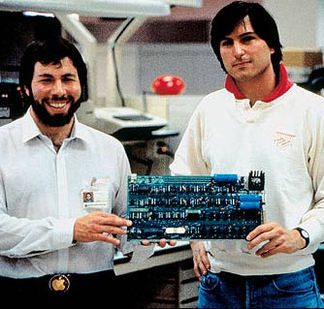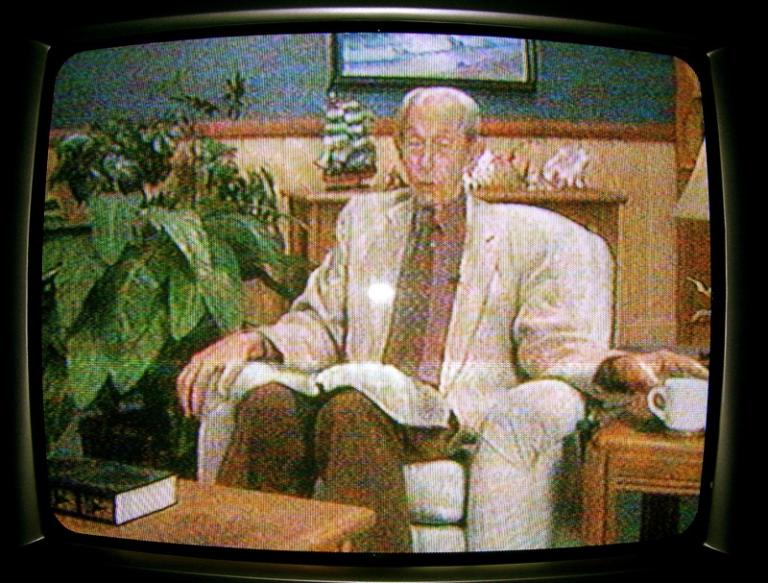
Steve Jobs, the energetic voice of the Apple computer empire, is dead at 56 of complications from pancreatic cancer.
With a high school buddy, Steve Wozniak, he founded Apple in his garage — convinced that small, personal computers were the wave of the future — contrary to the IBM vision of desktop terminals connected to massive mainframes. The result was the Apple I, an experimental mini-computer that gave birth to Apple’s first mass-produced consumer model, the revolutionary Apple II.
But then Jobs realized that the average citizen was never going to learn computer language — and if personal computers were going to go mainstream, they had to be easy to use. The result was the Macintosh Apple, billed as “the computer for the rest of us.” Instead of memorizing codes, the user just had to be able to work a “mouse,” a hand-held, rodent-sized controller attached to the Mac by a tail-like cord.

Steve Jobs constantly envisioned the future and the world followed him to it. He moved computers from the world of geek hobbyists and gave us iPods and iPads. He singlehandedly revolutionized the music industry — transforming it from a world of vinyl-filled record stores to easy downloads charged to a credit card. He turned Alexander Graham Bell’s telephone into the iPhone — on which the user can make calls, take photos, check in on Facebook, read their Bible, do their taxes and confirm airline reservations.
Steve Jobs told us what we needed before we knew we wanted it.
His Pixar studios transformed animated movies — taking them from hand-drawn Disney characters to the computer-generated worlds of the Toy Story and Ice Age franchises. He morphed into Disney’s biggest shareholder when he sold Pixar to the entertainment giant.
His death has shaken the world — although we all knew he was desperately ill. He was strangely absent yesterday when Apple rolled out a disappointing revamp of the iPhone 4 — stunning us all when there was no iPhone 5, just a disappointing upgrade. His passing shocked us all — unexpected, like the day we lost Elvis Presley, Michael Jackson or John Lennon.
Is it the End of the World?? |
“In God We Trust” Affirmed |
What is Chrislam? |
Muslims Protect Bible Society |
We’d convinced ourselves that he couldn’t die. After all, he’d defied cancer so many times. He’d defied Wall Street and won over and over. He’d triumphed over the incompetence that epitomizes today’s corporate model. Apple’s board had decided he was too unpredictable and undisciplined in the 1980s and fired him. What followed was a decade of mediocrity, memos, meetings and momentum loss as Apple was left in the dust by Bill Gates and Microsoft.
Jobs returned in 1997 to rescue Apple from the paper shufflers and money managers. During his second stint, Apple grew into the most valuable brand in the world with an estimated market value of $351 billion. Every bit of Apple’s wealth was created by their loose -cannon genius — Steve Jobs — who thought outside of the box, made deals that baffled the MBAs and CPAs with their SOPs … and created necessities that not so long ago we couldn’t even figure out how to use.
“Steve’s brilliance, passion and energy were the source of countless innovations that enrich and improve all of our lives,” Apple’s board said in a statement. “The world is immeasurably better because of Steve.”
Their lifeless roll-out Wednesday of the iPhone 4S demonstrates just how much Apple depended on Steve Jobs.
We’ll not see anything like him again.


